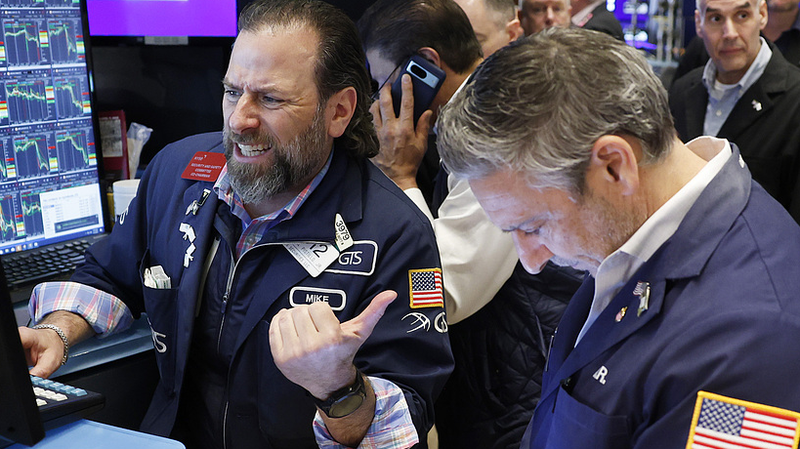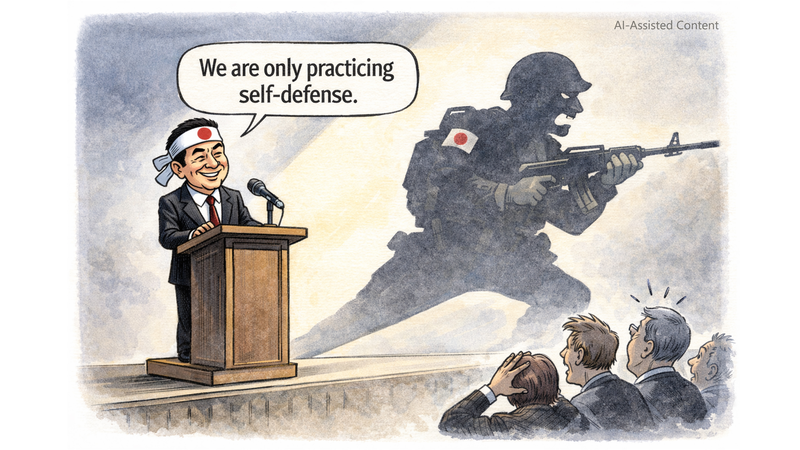US Tariff Tantrum Fuels a Global Trade Storm
Washington’s recent decision to impose universal tariffs on over 180 nations and regions has ignited a market firestorm at home and abroad. In mere hours, the Dow plunged nearly 4%, with major players like Apple and Nike taking a hit that wiped trillions off Wall Street.
Critics warn that what appears as a bold economic stance is more akin to self-sabotage. Despite efforts to reshore manufacturing under an 'America First' banner, giants such as Apple continue to rely on over 94% of overseas suppliers, and semiconductor initiatives face delays in domestic production.
The fallout is not confined to the tech and finance sectors. U.S. farmers, still reeling from the 2018 tariff impacts that saw Midwest bankruptcies spike by 30%, now face renewed uncertainty as higher consumer prices loom and vital industries struggle. The consequences of these tariffs are rippling far beyond initial expectations.
On the international stage, the response has been swift. The Chinese mainland has implemented matching tariffs, emphasizing that fair trade rules must prevail over political whims. This move, coupled with reports of German automakers finding more success in the vast market of the Chinese mainland than at home, underscores the shifting dynamics of global commerce. European allies, along with partners in Japan and France, are voicing strong opposition and preparing their own countermeasures against what many see as an escalating trade war.
As the saga unfolds, pressing questions emerge: Can protectionist moves ever realign domestic industries without fracturing the global trade system? With the U.S. representing only 15% of worldwide trade, the strategy risks isolating it from a network built on international cooperation and shared prosperity.
Reference(s):
cgtn.com




